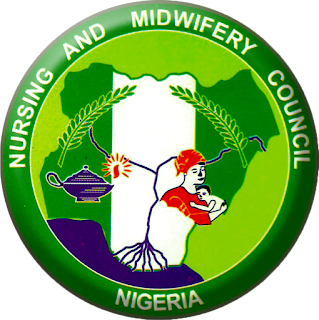Terrorists Attacks France,kills 128 dead and leaves many wounded
On friday 13/11/2015 in French capital Paris
Eighty people were reported killed after gunmen burst into the Bataclan concert hall and took hostages before security forces stormed the hall.
People were shot dead at restaurants and bars at five other sites in Paris. At least 180 people were injured.
These are the deadliest attacks in Europe since the 2004 Madrid bombings.
French President Francois Hollande, visibly shaken, called Friday night's almost simultaneous attacks "a horror" and vowed to wage a "merciless" fight against terrorism.
The attack on the 1,500-seat Bataclan hall was by far the deadliest of Friday night's attacks. Gunmen opened fire on concert-goers watching US rock group Eagles of Death Metal. The event had been sold out.
"At first we thought it was part of the show but we quickly understood," Pierre Janaszak, a radio presenter, told Agence France Presse.
"They didn't stop firing. There was blood everywhere, corpses everywhere. We heard screaming. Everyone was trying to flee."
He said the gunmen took 20 hostages, and he heard one of them tell their captives: "It's the fault of Hollande, it's the fault of your president, he should not have intervened in Syria".
Within an hour, security forces had stormed the concert hall and all four attackers there were dead. Three had blown themselves up and a fourth was shot dead by police.
Meanwhile, not far from the Place de la Republique and the Place de la Bastille, three busy restaurants and a bar were targeted by gunmen armed with Kalashnikovs.
Around 40 people were killed as customers were singled out at venues including a pizza restaurant and a Cambodian restaurant, Le Petit Cambodge.
"We heard the sound of guns, 30-second bursts. It was endless. We thought it was fireworks," Pierre Montfort, a resident living close to Le Petit Cambodge said.
The other target was the Stade de France, on the northern fringe of Paris, where President Hollande and 80,000 other spectators were watching a friendly international between France and Germany, with a TV audience of millions more.
The president was whisked to safety after the first of at least two explosions just outside the venue to convene an emergency cabinet meeting. Three attackers were reportedly killed there.
As the extent of the bloodshed became clear, Mr Hollande went on national TV to announce a state of emergency for the first time in France since 2005. The decree enables the authorities to close public places and impose curfews and restrictions on the movement of traffic and people.
Paris residents have been asked to stay indoors and about 1,500 military personnel are being deployed across the city.
All schools, museums, libraries, gyms, swimming pools and markets will be shut on Saturday as well as Disneyland Paris. All sporting fixtures in the affected area of Paris have also been cancelled, AFP reports.
Police believe all of the gunmen are dead - seven killed themselves with explosives vests and one was shot dead by the security forces - but it is unclear if any accomplices are still on the run.
US President Barack Obama spoke of "an outrageous attempt to terrorise innocent civilians".
UK PM David Cameron said he was shocked and pledged to do "whatever we can to help".
The Vatican called it "an attack on peace for all humanity" and said "a decisive, supportive response" was needed "on the part of all of us as we counter the spread of homicidal hatred in all its forms".
What happened in Paris on Friday night is exactly what Europe's security services have long feared, and tried to foil. Simultaneous, rolling attacks, with automatic weapons and suicide bombers in the heart of a major European city, targeting multiple, crowded public locations.
The tactics have been used before, in Mumbai and elsewhere. But how they've come to Europe is one of many questions that will have to be answered.
Were the attackers French citizens? If so, how they were radicalised, armed and organised - was it in France, in Syria, and by whom? Why weren't they detected? Is France, after two major attacks this year, uniquely vulnerable or does the carnage in Paris mean all of Europe faces new threats to our public places and events? And if a Syrian link is proven, will France recoil from that conflict or will it redouble its commitment to the fight against radical groups there?










